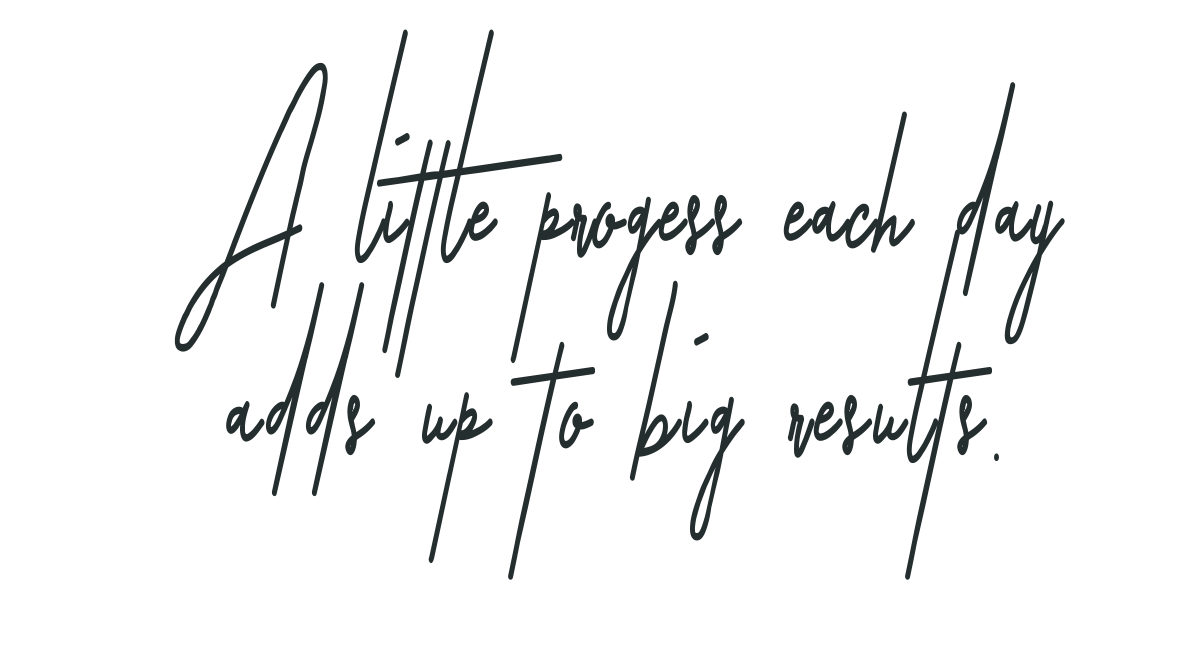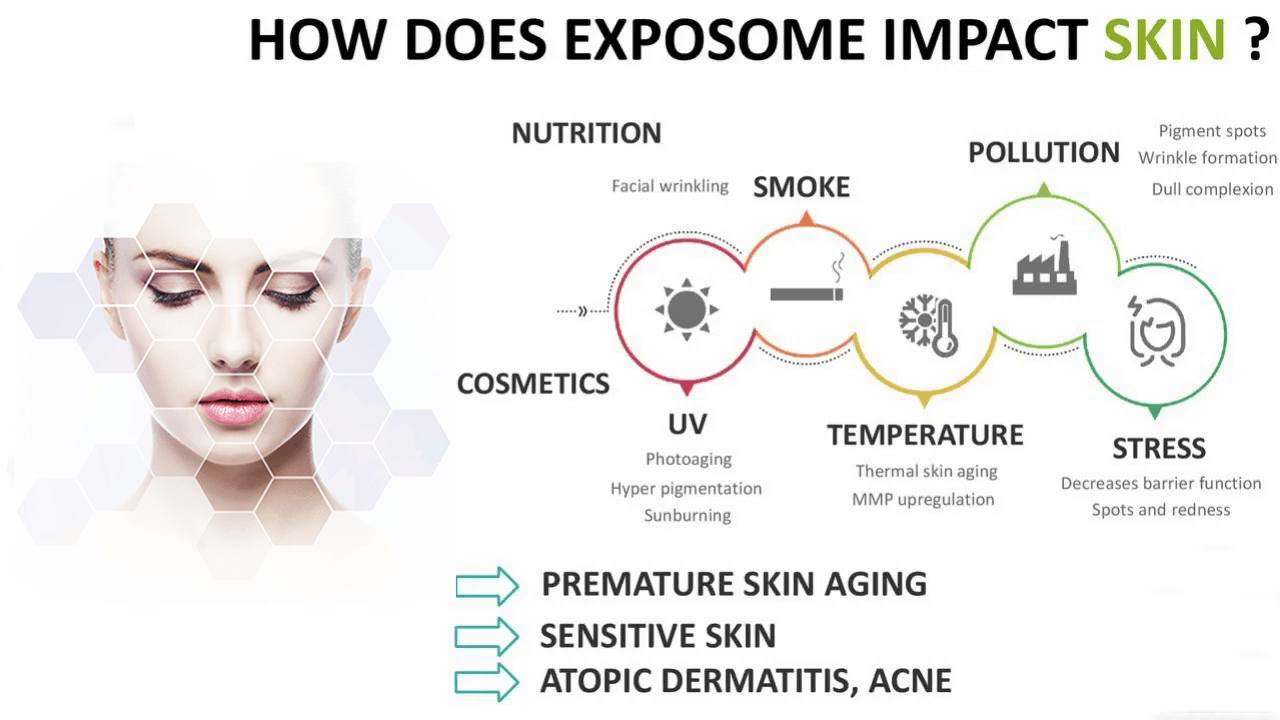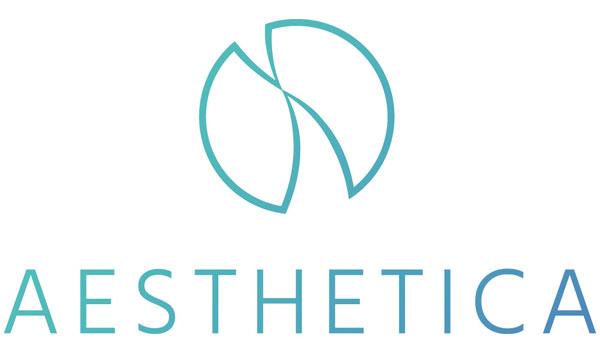cosmetic surgery and well-being since 2005
Exposomes:
Decoding Life’s Environmental Impact
What is an exposome?
An exposome is a term used to describe the total amount of internal and external exposures that will factor into the aging process of someone. It is cumulative form from birth to death.
In a nutshell, it looks at how many times can you be exposed to something before it starts to cause damage. Then what damage continues to occur if no intervention is sought.
Unveiling Exposomes: Exploring the Environmental Tapestry of Health and Well-being.
The 7 major contributors –
- UV exposure
- tobacco
- temperature
- nutrition
- stress
- lack of sleep
- pollution

Anti Aging at Aesthetica
Warren Buffett famously touts
“The best investment one can make is in yourself.”
The Wall Street mogul doesn’t just mean financially, but also in the way that you treat your body.
You have this amazing gift of a body and the earlier you start investing in looking after it, the better return on your investment.
The current science in aging is questioning whether we should actually consider aging as a disease; or is it the sole contributor to genetic and age-related diseases.
Epigenetics and telomere lengthening could be the key to slowing or completely halting aging. How can we help reduce and treat the effects of aging? One idea is seriously considering the exposome factor.

UV exposure
We know that you know you have to be using sunscreen daily, but do you understand why? There are a few different factors occurring with sun exposure and it affects all layers of the skin acutely and chronically. UVA and Infrared light are shown to stimulate an enzyme that breaks down and destroys collagen. Collagen is so important in the skin as it provides structure and prevents the skin from wrinkling. To protect yourself from UVA and infrared light it’s been shown that applying anti oxidants such as Vitamin C to your skin is enough to prevent the collagen destroying enzymes from being released.
UVA, UVB and Infra Red light all affect how the skin cells function properly. After exposure to these light waves your skin can not heal itself over as easily, it can become thickened and it loses its ability to hold moisture. We’ve all seen that person who’s spent too much time with sun oils on and looks rough a leathery. This is an extreme version but it can be seen every day when your skin just feels rough and dry. Healthy skin should feel soft and silky, if you’re feeling chronically dry it might be time to rethink how you’re applying your SPF protection.
It’s well known that if you lie out in the sun your body will produce a tan. We also know that as we get older that tan isn’t as even and now you’re even getting spots of pigment that are dark and won’t go away. The dreaded sunspots! This occurs because your skin cells are so damaged it has to keep this layer of pigmentation up to protect your poor skin. In some cases the damage could be so that bad it causes a malignancy leading to skin cancer! If gone unnoticed for some time this could lead to skin cancer spreading to other organs of your body. It’s scary to think about but unfortunately, it is a reality for a lot of Australians due to our high UV exposure.
To put it simply, applying antioxidants and SPF every single morning and reapplication of SPF during the day will reduce chances of; skin cancer, pigmentation changes, wrinkling of the skin, sagging and help to give you soft and supple skin.
Diet and Nutrition
Studies have found that a poor diet can attribute to 30% of facial wrinkling. The main culprit is of no surprise to anyone, sugar. The reason why sugar is so detrimental to the skin is that it causes glycation of proteins. What this means is the sugar molecules bind to proteins and in the skin this is collagen, elastin, fibronectin and laminin. The more sugar that is consumed the worse the glycation the less efficient these proteins can work in supporting your skin leading to skin wrinkling.
So what can you add to your diet to help promote more youthful skin? Look for foods high in Vitamins, flavonoids, carotenoids and tocopherols which have been shown to help improve and strengthen your bodies repair systems. When your body can heal itself it can work more efficiently to heal minor solar damage and all the other necessary functions our skin requires to be healthy. Eating a carrot may not get rid of your wrinkles but it can help prevent more from occurring.
A word on vitamin supplementation.
Supplements are typically high doses of vitamins or minerals that are taken to supplement an insufficient diet. However high doses of vitamins over a long period of time have been shown to increase lung cancer rates (28%), increase the incidence of death (17%) and have a higher rate of cardiovascular-related mortality. High doses of Vitamin C have also been linked to an increased rate of melanoma. The best way to ensure you are getting adequate vitamin and minerals is to consume them from fresh food sources as nature has a way of synergistically getting the most out of these vitamins. If you suspect a deficiency seek a blood test from your GP and if you are low or deficient add foods that are high in the vitamins you are deficient in.
Air pollution
Air pollution has only recently just started to be studied to contributor in aging. Through studies human skin samples taken from individuals in areas with high levels of air pollution it was shown that there is an increase of the enzymes that break down collagen. Surprisingly there is also a link to more pigmentation formation on the cheeks which is not quite understood. Unfortunately, we don’t have much control over the quality of the air in which we work or live. A good cleansing routine in the evening is important to break down any particles of pollution that can sit on our skin. Keeping our skin well hydrated by moisturising and avoiding over exfoliation will help to ensure that pollution sits on the surface of our skin and is not absorbed where it can wreak havoc.
Smoking
Did you know that one inhalation of tobacco smoke contains more then 3,800 different harmful chemical substances? That one inhalation also reduces blood flow, decreases fibroblast production reducing your wound healing and decreasing collagen production. Smoking also releases the enzymes which are responsible for destroying your collagen and elastin and can also lead to altered melanin production. You may have noticed that heavy smokers have a ring of pigmentation around their mouth and some times on the hands. At the moment we are not sure whether direct inhalation or skin exposure to the smoke is the main culprit behind the effects of smoking on the skin. This is why we suggest that if you are a nonsmoker to limit your exposure to secondhand smoke.
Stress
I’m sure at some point in your life you have been stressed and you have noticed that your skin conditions worsen. There’s nothing worse than a pimple before your wedding day or hair falling out after a traumatic event. The exact mechanism of how stress affects is still unclear but we do know that stress stimulates the autonomic nervous system, renin-angiotensin system and the hypothalamic-pituitary-adrenal axis. The activation of these systems leads to chronic inflammation-reducing your wound healing activity. So chronic stress will show in the skin as severe dryness, worsening of eczema, psoriasis, rosacea, acne as well as bags under the eyes and dull, lifeless skin.
Sleep Deprivation
Do you struggle to get your eight hours each night?
This could be contributing to your skin concerns or those early signs of aging. Studies have found that individuals who receive less than five hours of sleep each night are more likely to show; less healthy, more tired with colour disturbances and even less attractive compared to those who receive eight hours of sleep. We can also see after a lack of sleep; hanging eyelids, red/swollen eyes, dark circles under the eyes, paler skin, worsening of fine lines and wrinkles as well as drooping the corner of the lips. Add on to that the increase of chronic diseases such as hypertension, diabetes, obesity, cardiovascular disease, depression and even cancer. Sleep is such a vital act that is imperative for the rejuvenation of the whole body, not just the skin.
Temperature
Severe skin aging is also linked to excessive, chronic exposure of heat to the skin. You may have heard of the term “bakers arms” or had the fortune to see the face a glass blower. The normal skin temperature of our skin is around 33 degrees Celsius. When exposed to exogenous heat such as from industrials ovens and fire or even from the heat of the sun the skin can rise to over 40 degrees. The increase of heat in the skin has been shown to cause the formation of superficial blood vessels (those tiny little red veins on your nose and cheeks). When exposed to these extreme temperatures for more than 90 minutes we can see shrinkage of fat pads and the release of collagen destroying enzymes that result in sagging skin.
What we do and what we’re exposed to every day is the main contributor to how your body and your skin ages. Our biggest culprit comes from sun exposure and can be minimised with the daily application of a broad spectrum SPF over 15+. Although we can’t protect from air pollution the simple act of washing your face every evening allows for the physical removal of pollutants.
Other things we can do is to minimise or stop tobacco smoking, manage stress levels, ensure we have a healthy and balanced diet, get our eight hours of sleep at night and avoid excessive heat to the skin.
Our next step is to help your body heal the damage that has already been done and this can be done through daily application of cosmeceuticals and in-clinic treatments with your Dermal Therapist or Cosmetic Doctor.
Come On In
Ask a question
It is important to understand that any surgical, medical procedure or proven non-surgical treatment carries risks.
Before proceeding, you should seek a second opinion from an appropriately qualified health practitioner.
